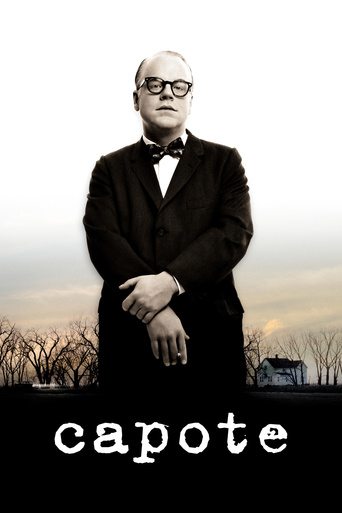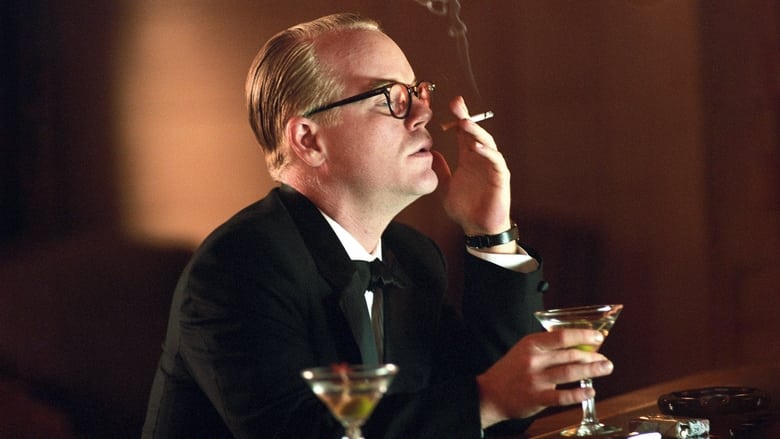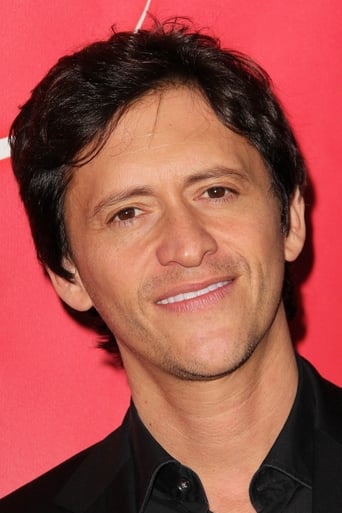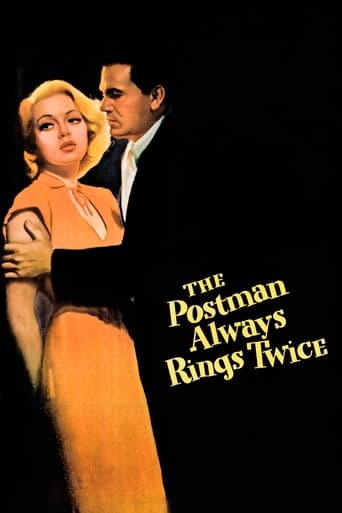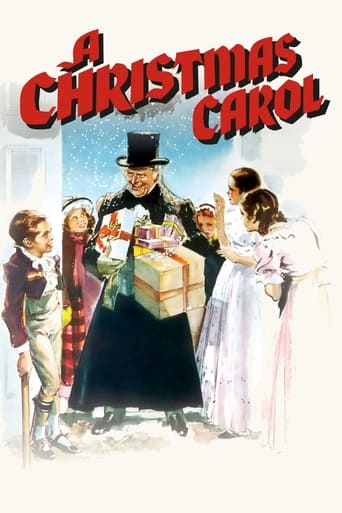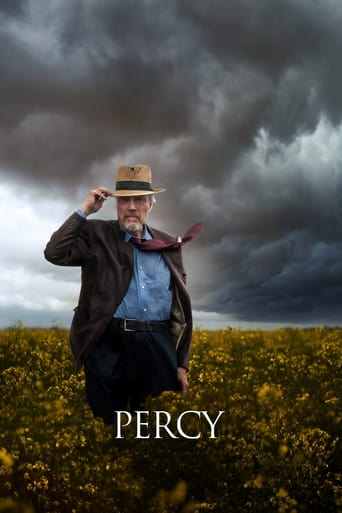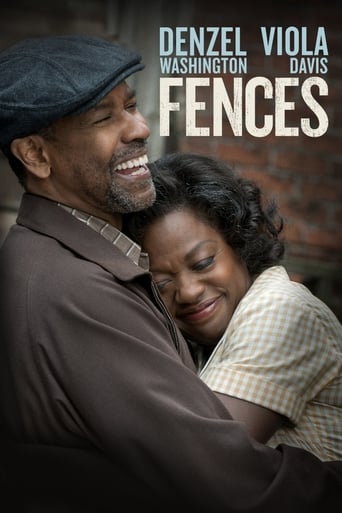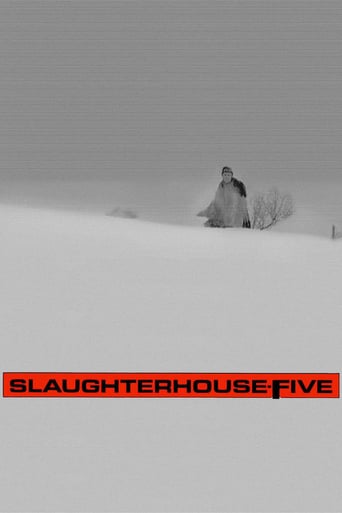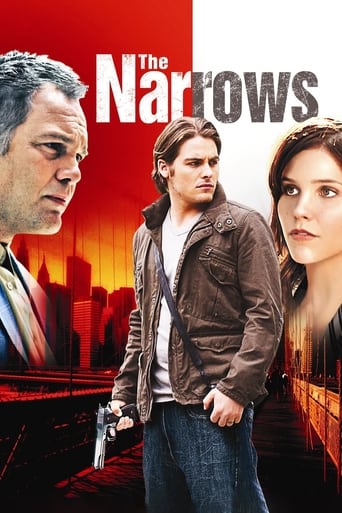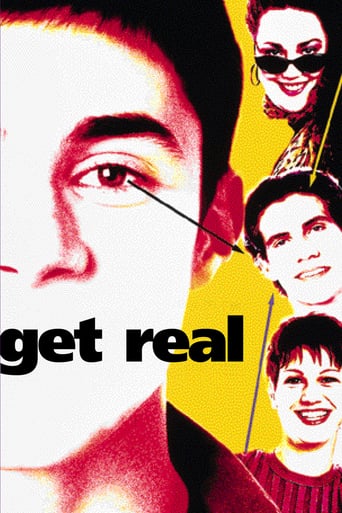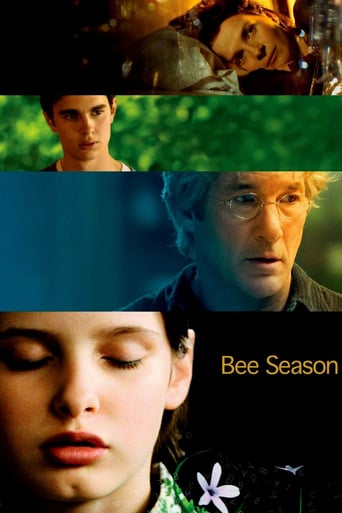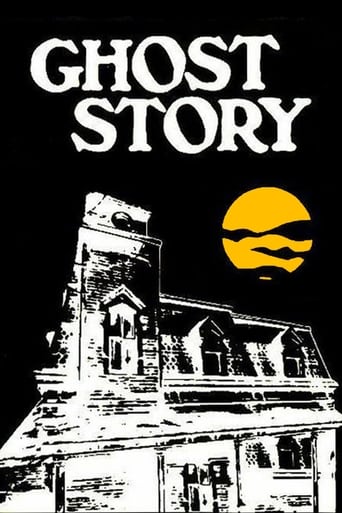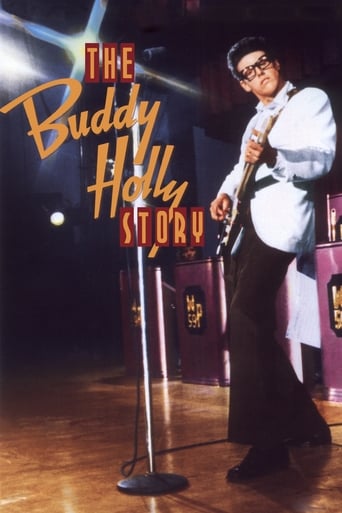Capote (2005)
A biopic of writer Truman Capote and his assignment for The New Yorker to write the non-fiction book "In Cold Blood".
Watch Trailer
Cast


Similar titles
Reviews
Capote is one of those productions that leaves the viewer wrestling with many questions, like: Where does the "truth" lie ~ where does the manipulation of such a cunning writer like Capote begin and end & Who uses Who to the highest degree? ~ so many facets to consider. Is Capote capable of telling the truth? ~ are Truth and Lies one the same to this gifted but damaged character? Will we ever know? In interviews, Capote tells us he demanded complete control over the making of the film version of "In Cold Blood" right down to the fact that he insisted on a complete cast of unknown actors. As it turned out, apart from Scott Wilson as one of the killers, it has a very well known cast indeed. Then we learn that the director Richard Brooks, is also the producer , as well as the screenplay writer - with no credit suggesting that Capote had any involvement whatever other than selling the rights to the book. There won't be many (if any) telling Brooks what he can and can't do. One other story tells us that Truman contacted Brooks to complain about him employing a Blackman to compose the music score and, that he wanted Brooks to sack him, with Brooks telling Capote where to go in no uncertain terms...so much for his claims with all these demands. As for the suggestion that he never wrote another book after 'In Cold Blood' because of the 'emotional' effect that accompanied it - this also seems a bit of a stretch. With millions of copies to his credit, an endless supply of booze and over-the-top lifestyle luxury, would he ever need to? Anyway, apart from the mysteries surrounding these questions 'Capote' as a movie production is quality all the way, with a stand-out performance by the late Seymour Hoffman and fine direction to keep the slower story elements constantly entertaining. Of particular note is, director Bennett Miller and screen play writer Dan Futterman give us various revealing clues to the double sided nature of Capote - one such has Harper Lee responding to a statement during a phone conversation where Capote says words to the effect 'While he tried, he could not stop the executions of these men he was writing about' to which she responds "Maybe not. The fact is you didn't want to"!
Short and sweet: Capote is a stark and perfectly visualized work that highlights film's most underrated actor, Philip Seymour Hoffman, in all of his character-actor glory.I love this film for two reasons mainly: Hoffman's literally perfect performance in his portrayal of a complex journalist, Truman Capote, and the (also) perfect cinematography and editing. This is a bleak and mature picture that takes its audience as smart individuals who can make decisions on their opinion on characters by themselves. Each actor gives a very human performance, which is refreshing.The only thing that stops this from being a 10/10 is it does tend to drag a bit in certain spots, and I believe a good 15 minutes could have been trimmed from the run time. But, in the same breathe, I can see others defending that the extra time (used primarily to show Capote's personal life) lends to character depth.All in all, great film that primarily services the film snob, which is OK with me.
Watching Philip Seymour Hoffman inhabit the singular character that was Truman Capote is a triumph of art, even if like with a lot of Hoffman, I find an underlying pain tends to dominate."Capote" puts us in the Clutter household in Holcomb, Kansas, early one November morning in 1959. The family has been murdered for no clear reason, frightening the community. In New York City, the celebrated fiction writer Truman Capote reads of the crime and decides he must go there, in search of something he doesn't understand. This will eventually both produce his masterpiece and ruin him, not necessarily in that order."It's the book I was always meant to write," he tells high-society friends between languid puffs of his cigarette. "What have you been up to?""Capote" the film may oversell the idea that the strain and emotional toll it took Capote to write "In Cold Blood" caused him to descend into an alcoholic nullity. But Hoffman's finely-tuned performance does deliver. His voice and manner accurately summon the famous talk-show guest I remember. His eyes alternately suggest aloofness and pain, which is what makes for Capote's tragedy.It seems that Capote is a wonderful one for empathy as something to pull out of his writer's tool box, using it to form a bond with a leery investigator, Alvin Dewey, Jr. (Chris Cooper). But he has more trouble with empathy from the heart, which comes across especially when he meets one of the accused murderers, Perry Smith (Clifton Collins, Jr.).Smith and Capote immediately bond, as both are outsiders. But whereas Smith sees a friend, Capote sees a "gold mine," and one in need of mining before the state executioner steps in. Most of what director Bennett Miller and scripter Dan Futterman focus on in the second half is how much of this amounts to a devil's bargain, given the games Capote plays. Capote's lover, Jack Dunphy (Bruce Greenwood) and his childhood pal and researcher, Harper Lee (Catherine Keener) provide the moral conscience from the sidelines.I found them to be wet blankets, especially Greenwood, who seems to be directed to communicate seething ambidirectional jealousy in every scene. For all the gambits and head games Capote played, he was also working on a story that would present Smith and his accomplice, Dick Hickock (Mark Pellegrino), in as decent a light as two wanton killers ever got.It feels at times like "Capote" overeggs the morality lesson, and its sepulchral pace adds to the weight. But the visual tone is keenly done, especially Adam Kimmel's serene shots of Manitoba doubling for Kansas. Hoffman's Oscar win is well-earned, as he centers a number of powerful scenes showcasing his character at opposite ends of the emotional spectrum, schmoozing with the cognoscenti and trying to compose himself for a final farewell with Smith and Hickock.Did Capote really go completely silent in print after "In Cold Blood" as the movie has it? Not if you count his 1980 best-selling collection, "Music For Chameleons." But Futterman's script tells a tale that resonates with the compromises writers make in practicing their craft, and Hoffman's searing humanity carries overtones of classical tragedy."It's the hardest when someone has a notion about you and it's impossible to convince them otherwise," he tells a Clutter friend by way of inveigling some useful information on the family. I have a feeling if Capote was still alive, he'd want use of that same line for Miller and Futterman.Whether it's fact or fiction, "Capote" the film makes a riveting case study. I think Capote, who made a career out of obscuring the two forms, would have appreciated it.
"Capote", like it's subject, is not conventional. Rather than trying to observe Trumand Capote's entire life in one film, it observes the peak of his career and his turning point in his life, and that is the four years that he was researching and writing the first non fiction novel, "In Cold Blood". Yet the film seems to do justice to his entire life by subtle dialogue and showing his major development over the course of these four years. The film has a quiet, somber mood that fits perfectly with the subject, and one of Philip Seymour Hoffman's greatest performances in a career full of great performances.Truman Capote hears about a murder of the Clutters family in Kansas, and begins to do research on the subject. Buy when he finally sees one of the two murderers, Perry Smith, he seems immediately entranced by how lonely and shy Perry is, completely reversing his expectations, and as a shot in that scene shows, he feels like he is trapped in a cage away from Perry, rather than vice versa. But what Truman really sees is himself in Perry. As Truman states earlier in the film, people often feel that they know him, or have him figured out when really they have no idea who he is. And the same goes for Perry. He is a murderer, and that's all that most people will ever see in him from now on. But Truman sees something else, and wants, no, needs to understand this man. Truman places a lot of emphasis on the fact that he wants to change the way the world views Perry, and he also seems to want to change the way he is viewed. He says Perry wants so desperately to be taken seriously, but Truman is trying the be taken seriously by making this book as well. He begins meeting with him and they slowly reveal themselves to each other, Truman learning that Perry had a troubled childhood as well. Perry is very reluctant to talk about the actual murder, however. Truman begins drifting away from everyone else in his life, and there comes a point in the film 2 here it seems that the two may be using each other, but then the scene comes where Perry talks about the murders with Truman, and it's clear that the two have a connection. Ironically, the time when Perry seems the most weak and vulnerable is actually in the scene of the murders. After this, it cuts forward, and at this point Truman just wants this to be over, and frankly, he just hopes that Perry can just die so he never has to worry about him again. Perry begins trying to contact him, but Truman knows that he can't let himself get connected to Perry again, or else he may never recover. Eventually, however, just before his execution, Perry sends a heartfelt letter that brings Truman to him shortly before his execution. He witnesses the execution and kept telling himself there was nothing he could do to prevent it afterwords. But he can't escape the truth and it seems a part of him was lost forever when Perry died.The film is a not only a great character study, but one of the greatest biopics of all time, and a sad reminder that there is almost always much more to the people we think we understand.

